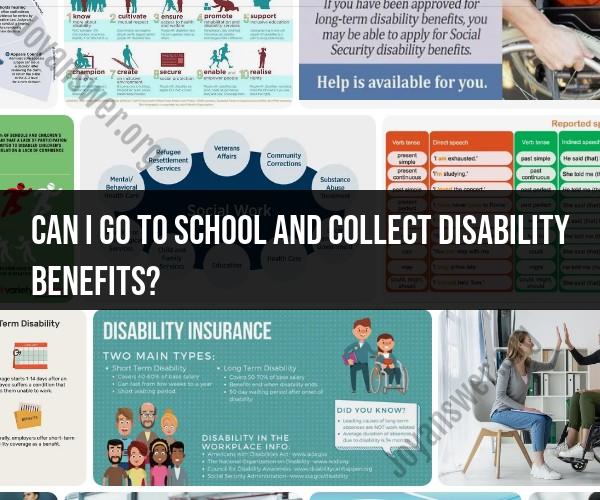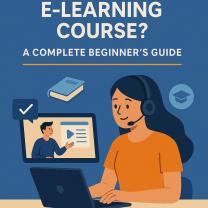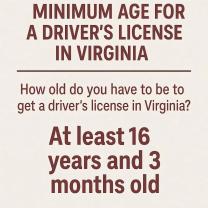Can I go to school and collect disability benefits?
Yes, it is possible to attend school and collect disability benefits under certain circumstances. The specific rules and regulations regarding disability benefits and education vary depending on the type of disability benefits you are receiving and the country's social security system you are part of. Below, I'll provide a general overview of how this works in the United States, but it's important to consult with the relevant authorities or a legal professional for guidance specific to your situation:
1. Social Security Disability Insurance (SSDI):
- SSDI is a federal program in the United States that provides disability benefits to individuals who have worked and paid Social Security taxes but can no longer work due to a disability.
- Under SSDI, there is no restriction on attending school. You can go to school, whether it's for vocational training, college, or any other educational program, while receiving SSDI benefits.
- However, you should be aware of "substantial gainful activity" (SGA) limits. If your income or work activity exceeds the SGA limits set by the Social Security Administration (SSA), it can affect your eligibility for SSDI benefits. Attending school, by itself, typically does not count as SGA.
2. Supplemental Security Income (SSI):
- SSI is another disability benefits program in the United States, but it is based on financial need and disability. Eligibility for SSI benefits is often subject to strict income and asset limits.
- While SSI beneficiaries can attend school, any income or financial aid received from attending school may affect your SSI benefits. The SSA has specific rules regarding how educational income is counted.
3. Vocational Rehabilitation Programs:
- In some cases, individuals with disabilities may be eligible for vocational rehabilitation programs that can provide support for education and job training. These programs are often designed to help individuals with disabilities gain skills and employment.
4. Reporting Changes:
- It's crucial to report any changes in your education, income, or circumstances to the SSA. Failure to report such changes accurately can result in overpayments or other issues with your disability benefits.
5. Consult with a Social Security Expert:
- Given the complexity of disability benefit programs and the potential impact of attending school on your benefits, it's advisable to consult with a social security expert or an attorney who specializes in disability law to ensure you understand how your specific situation will be affected.
It's important to note that the rules and regulations regarding disability benefits can change over time and may vary by location. Therefore, it's essential to consult with the relevant authorities or a legal professional who is familiar with the current rules and can provide guidance tailored to your circumstances.













